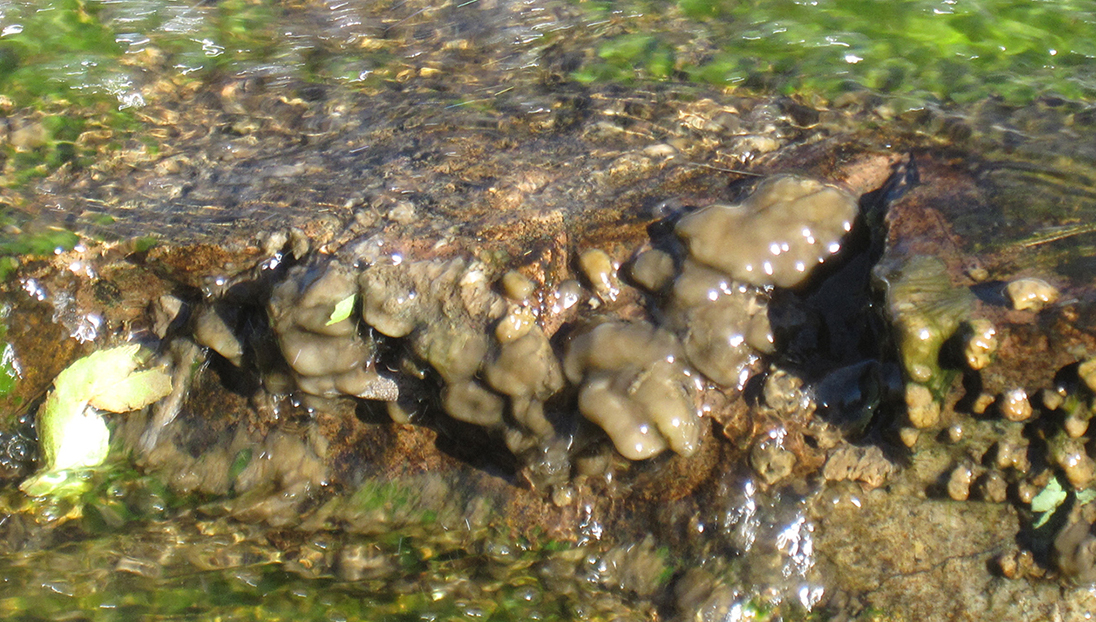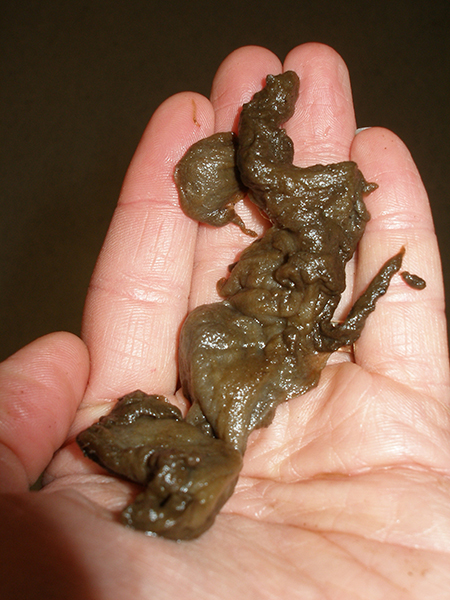The non-native organism was first discovered in Tennessee in 2005. A microscopic species, didymo can be spread in a single drop of water. But the algae does not stay unseen for long. Preferring cold, open rivers - of which there are no shortage among Tennessee's many dammed waterways - didymo produces thick, woolly stalks that can cover entire stream bottoms, thus suffocating the native plants and animals that live there.
According to David Roddy, statewide hatcheries coordinator and aquatic nuisance species coordinator for the Tennessee Wildlife Resources Agency, in 2008, didymo was ranked No. 8 on a list of Tennessee's 55 most concerning aquatic nuisance species.
There is only one way to combat rock snot, Roddy says, and that is to prevent its spread. This is where paddlers can help.
Here, TWRA outlines how boaters can help stop the spread of these harmful aquatic hitchhikers:
» Drain all the water from your boat(s) before transporting elsewhere.
» Check your gear for any visible plants, mud and/or aquatic life. Never release plants, fish or animals into a body of water unless they came out of that body of water.
» Disinfect gear such as boats and paddles using either hot water (140 degree Fahrenheit) or a 10 percent bleach solution. Gear such as skirts, spray jackets and life jackets may be sanitized by drying thoroughly before entering another body of water.
» Designate a member of your paddling club to be responsible for bringing disinfectant materials on paddling trips, e.g. a spray bottle containing Virkon disinfectant.
Local Info
The presence of didymo has been confirmed in these local streams:Obey RiverLower Clinch RiverLower Holston RiverSouth Holston RiverWatauga RiverTuckasegee River


